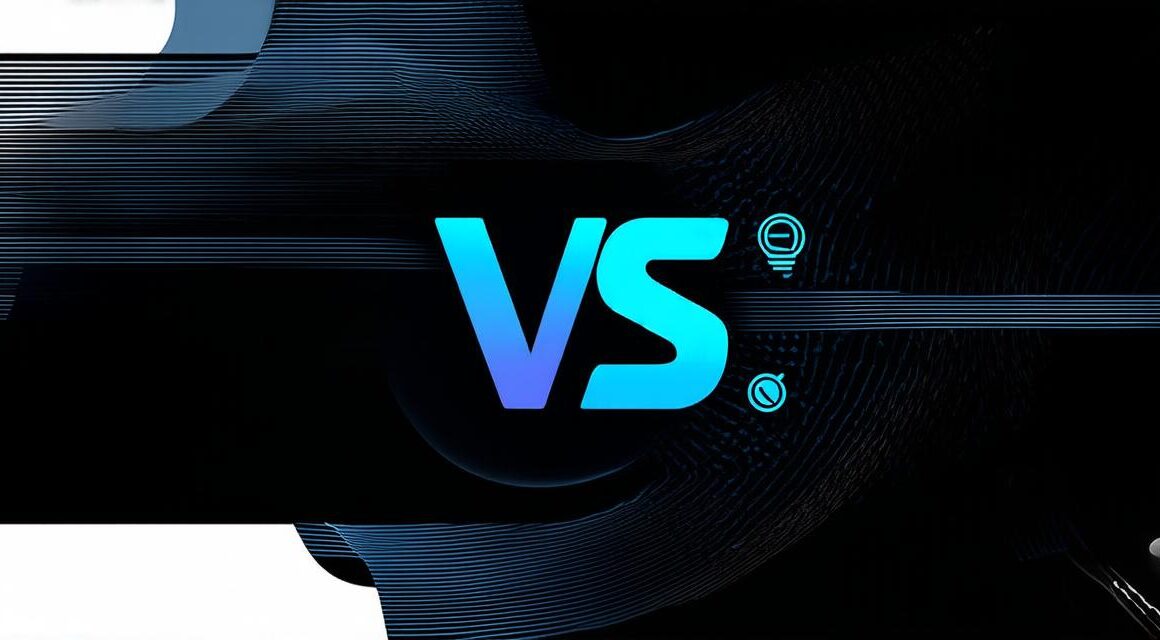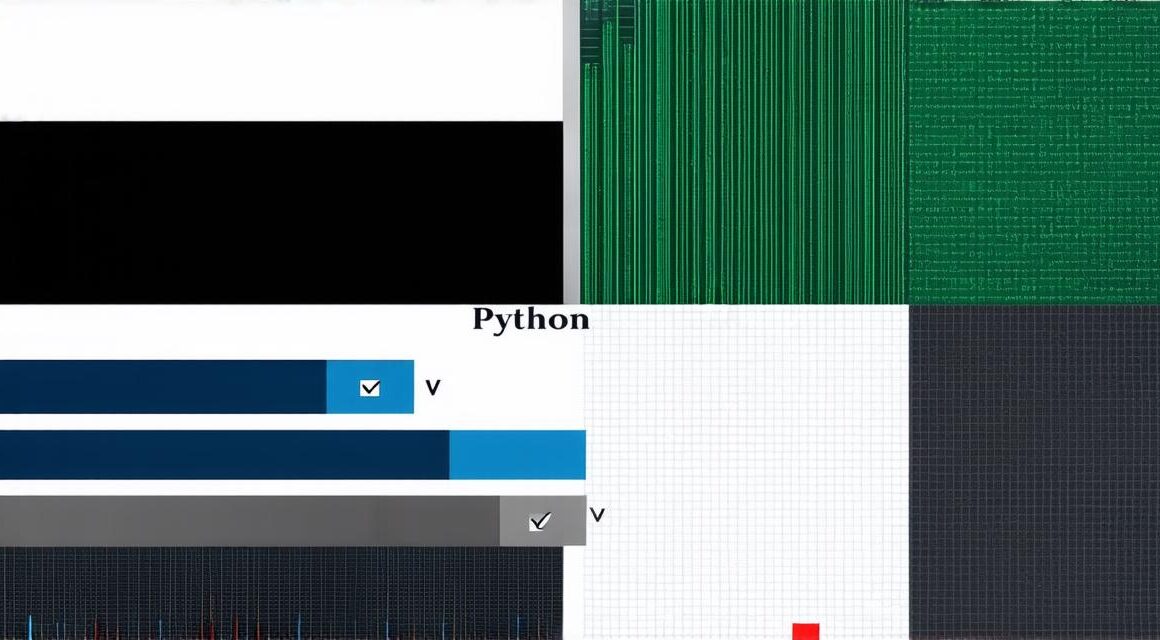When it comes to choosing between Java and C as a programming language, it can be a difficult decision to make. Both languages are widely used and have their own strengths and weaknesses. In this article, we will explore the key differences between these two languages and help you determine which one is superior for your specific needs.
Java: The Established Language
Java is one of the most popular programming languages in use today, with a strong focus on platform independence and scalability. It was first released in 1995 by Sun Microsystems (now owned by Oracle) and has since been adopted by many organizations for building large-scale applications.
One of the key strengths of Java is its ability to run on any platform that supports the Java Virtual Machine (JVM). This means that you can write a Java program once and run it on any device or operating system without making any changes. Additionally, Java is known for its scalability and ability to handle large amounts of data, making it a popular choice for enterprise-level applications.
However, Java has also been criticized for being verbose and difficult to read, particularly compared to other languages like C. It can take more lines of code to accomplish the same task in Java as it does in C, which can make it harder to maintain and update code over time.
C: The New Kid on the Block
C was first released by Microsoft in 2002 as part of their .NET framework. It is designed to be a more modern, object-oriented programming language that combines the best features of Java and C++ while also adding some new features of its own.
One of the key strengths of C is its ability to integrate with other Microsoft technologies, such as Windows Forms and ASP.NET. This makes it easier for developers to build applications that are tightly integrated with the .NET ecosystem. Additionally, C has a more concise syntax than Java, making it easier to read and write code.

However, C has also been criticized for being too closely tied to Microsoft’s technology stack. This can make it difficult for developers who want to build cross-platform applications or work with non-Microsoft technologies. Additionally, C has a relatively small community compared to Java, which can make it harder to find resources and support when needed.
Summary
Ultimately, the decision between Java and C will depend on your specific needs and goals as a developer. If you need a language that is platform independent and scalable, with a strong focus on enterprise-level applications, then Java may be the best choice for you. However, if you need a language that is more modern and object-oriented, with a concise syntax and tight integration with Microsoft technologies, then C may be the better option.
In either case, both Java and C are powerful programming languages that have their own strengths and weaknesses. By carefully considering your specific needs and goals, you can make an informed decision about which language is best suited for your project.



